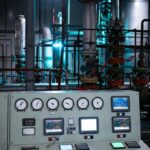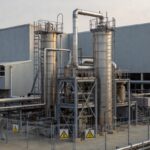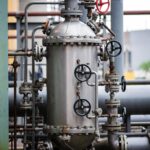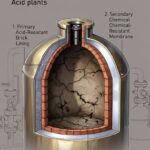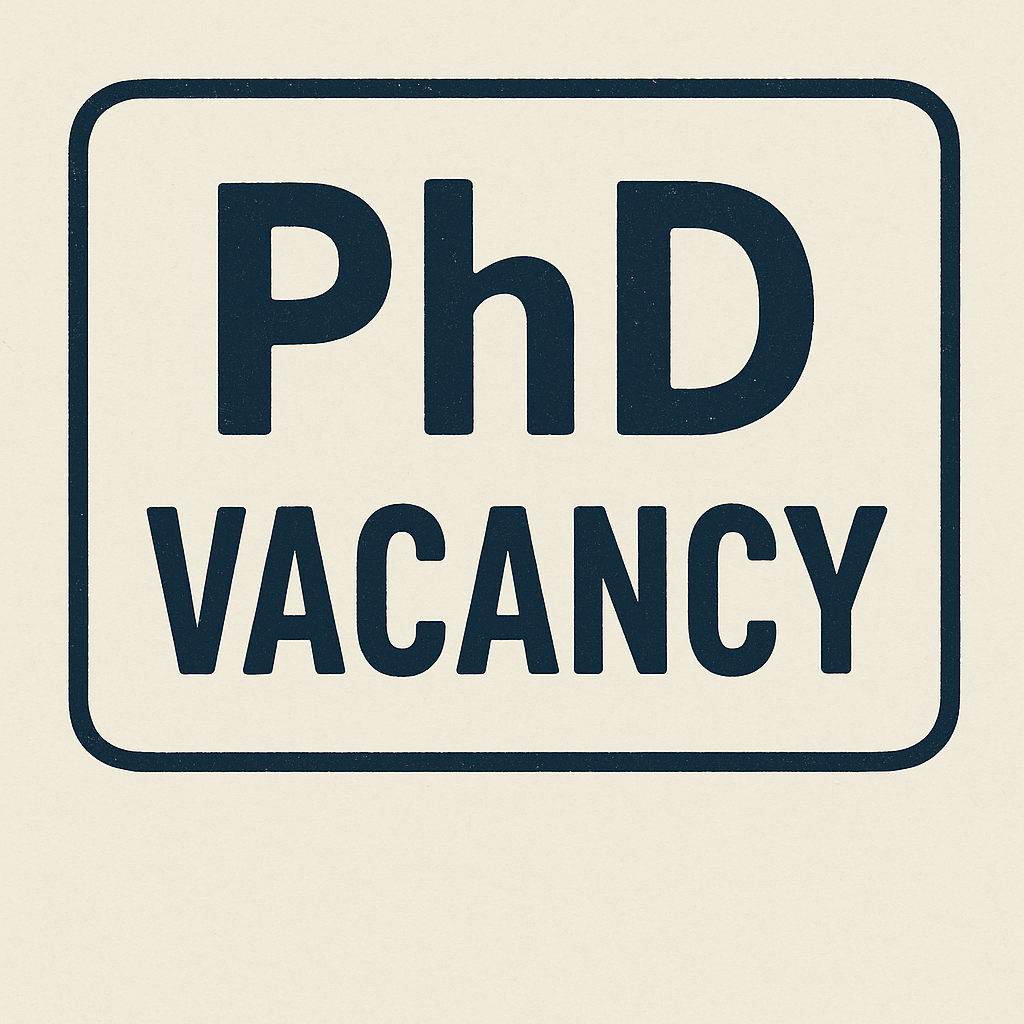Introduction:
Interviews focused on process economics require candidates to showcase their understanding of economic principles and financial strategies as they relate to industrial processes. These questions aim to assess a candidate’s ability to optimize costs, make informed financial decisions, and contribute to the economic efficiency of manufacturing processes. In this article, we explore 20 potential questions that candidates may encounter in such interviews and provide insights into how to approach each question effectively.
1. What is process economics, and why is it important in industrial settings?
Process economics refers to the evaluation and optimization of costs and benefits associated with industrial processes. It is crucial in industrial settings because it enables businesses to make informed decisions, maximize profitability, and ensure the economic viability of their operations.
2. Explain the concept of cost-benefit analysis. How is it relevant to process economics?
Cost-benefit analysis involves comparing the costs and benefits of a decision or project. In process economics, it helps assess the financial impact of implementing a new manufacturing process, ensuring that the benefits outweigh the costs.
3. How do you calculate the payback period for an investment in a manufacturing process?
The payback period is the time it takes for an investment to recover its initial cost. To calculate it, divide the initial investment by the annual cash inflow. A shorter payback period is generally preferred, as it signifies quicker returns.
4. Discuss the difference between fixed costs and variable costs in the context of process economics. Provide examples.
Fixed costs remain constant regardless of production levels (e.g., rent), while variable costs change with production (e.g., raw materials). Understanding this dichotomy is crucial for analyzing cost structures and making strategic decisions.
5. Can you explain the concept of economies of scale in manufacturing? How does it impact process economics?
Economies of scale occur when production increases, leading to a decrease in average costs. This concept is vital in process economics, as it encourages companies to produce in larger quantities to benefit from lower per-unit costs.
6. What role does depreciation play in assessing the economic viability of a manufacturing process?
Depreciation accounts for the wear and tear of assets over time. In process economics, it is considered when evaluating the true cost of production, impacting the calculation of profits and return on investment.
7. How do you evaluate the return on investment (ROI) for a process improvement initiative?
ROI is calculated by dividing the net gain from an investment by the initial cost. For process improvement, ROI assessment is crucial to determine the effectiveness of initiatives in enhancing efficiency and reducing costs.
8. Discuss the importance of sensitivity analysis in assessing the economic risks of a manufacturing project.
Sensitivity analysis helps identify how changes in variables (e.g., production costs or market demand) impact project outcomes. It is vital for assessing and mitigating economic risks associated with manufacturing projects.
9. What are some key factors to consider when conducting a feasibility study for a new manufacturing process?
Feasibility studies assess the viability of a project. Key considerations include market demand, regulatory compliance, available resources, and potential risks. This comprehensive analysis informs decisions regarding the implementation of new processes.
10. Explain the concept of net present value (NPV) and its significance in evaluating the economic feasibility of a project.
NPV calculates the present value of future cash flows. In evaluating economic feasibility, a positive NPV indicates that the project is likely to be profitable, making it a valuable metric in decision-making.
11. How would you approach cost optimization in a manufacturing setting without compromising product quality?
Candidates should highlight strategies such as lean manufacturing, process efficiency improvements, and waste reduction. Balancing cost optimization with maintaining or enhancing product quality is essential for sustainable success.
12. Describe the concept of break-even analysis. How can it be applied to assess the financial feasibility of a production process?
Break-even analysis identifies the point where total revenue equals total costs, resulting in neither profit nor loss. It is applied to assess the financial feasibility of a production process by determining the minimum production level required to cover costs.
13. In what ways can technological advancements impact the economics of a manufacturing process?
Candidates should discuss how adopting advanced technologies can enhance efficiency, reduce costs, and improve overall economic performance in a manufacturing setting.
14. Discuss the role of market demand forecasting in the economic planning of a manufacturing facility.
Accurate market demand forecasting is essential for aligning production levels with consumer needs, avoiding overproduction or underproduction. It ensures economic planning is responsive to market dynamics.
15. How would you prioritize cost-saving initiatives in a production environment with limited resources?
Candidates should demonstrate a strategic approach by prioritizing initiatives that offer the most significant impact on costs and align with the organization’s goals. This may involve a combination of short-term and long-term cost-saving measures.
16. Explain the term “operating leverage” and its implications for process economics.
Operating leverage measures the extent to which fixed costs are part of a company’s cost structure. It has implications for financial risk and profitability, emphasizing the importance of managing fixed costs efficiently.
17. Discuss the impact of regulatory compliance on the economic considerations of a manufacturing process.
Candidates should emphasize the importance of understanding and adhering to regulatory requirements. Compliance ensures operational continuity, avoids legal issues, and contributes to the overall economic sustainability of the manufacturing process.
18. How can process intensification contribute to improved process economics in chemical manufacturing?
Process intensification involves enhancing the efficiency of chemical processes. Candidates should discuss how it reduces resource consumption, minimizes waste, and improves overall economic performance in chemical manufacturing.
19. In your experience, how have you successfully reduced production costs in a previous role?
Candidates should draw on specific examples of cost reduction initiatives they implemented, highlighting the positive impact on overall production costs while maintaining or improving quality standards.
20. Can you provide an example from your past experience where process economics played a crucial role in decision-making, and how did you contribute to the optimization of costs?
Candidates should share a real-world scenario where they applied their knowledge of process economics to make informed decisions, optimize costs, and contribute to the overall success of a manufacturing process.
Conclusion:
Mastering process economics is a valuable skill for professionals in industrial settings not limited to these questions, you have to explore more to achieve your goal. By understanding economic principles, financial analysis, and strategic decision-making, candidates can navigate interviews with confidence and demonstrate their ability to contribute to the economic efficiency of manufacturing processes. The questions outlined in this article provide a comprehensive overview of the topics candidates may encounter in such interviews, offering a guide for preparation and showcasing the depth of their expertise in process economics.

